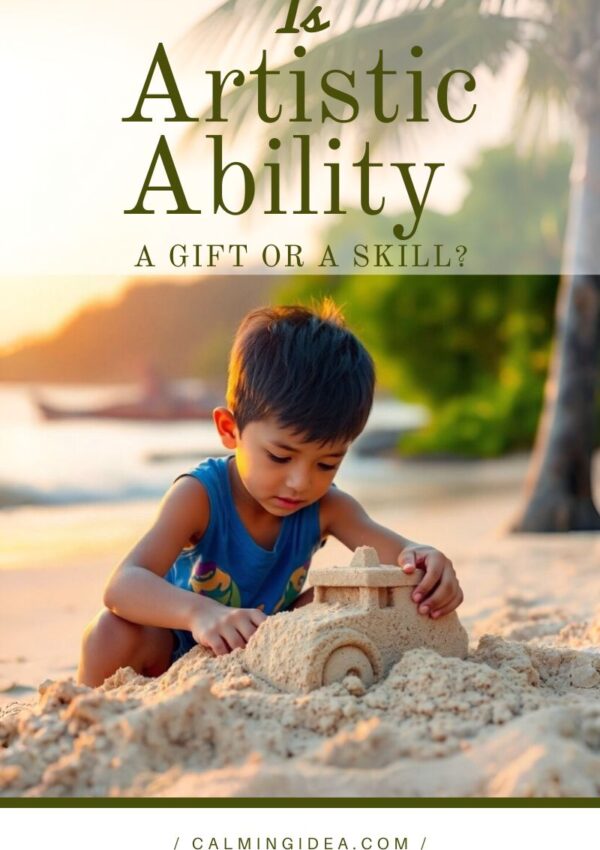Relationships form the bedrock of our lives, offering avenues for both connection and personal growth. As psychotherapist Esther Perel insightfully observes, “Most people are going to have two or three marriages or committed relationships in their adult life. Some of us will have them with the same person.” This idea extends beyond romantic ties to all relationships where we truly show up as our authentic selves.

Throughout life, we undergo various transformations—adolescence, relocations, health challenges, career changes, retirement, and loss—that shape our evolving identities. These experiences peel away layers of societal conditioning and reveal our core selves. Like a snake shedding its skin, we must shed old identities to reconnect with who we genuinely are.
This journey of self discovery often challenges our existing relationships. Some connections naturally evolve with us, while others become sources of tension. We find ourselves grappling with the dilemma articulated in the Serenity Prayer: Do we summon the courage to change these relationships, or the serenity to accept them as they are?
In my forties, this question became particularly pertinent with several close family members. My journey—from growing up in India, living in multiple countries, and eventually settling in the U.S. while raising two teenagers—profoundly transformed me. Yet, I hesitated to acknowledge these changes, fearing they might disrupt familial harmony. But this denial couldn’t hold up forever. As Anaïs Nin wisely noted, “The day came when the risk to remain tight in a bud was more painful than the risk it took to blossom.”
I went through a period that I refer to as my “Great Depression.” For a while, I did not even know what had hit me. Then a dream revealed the disconnect in myself and the work that lay ahead of me that would return me to joy and wholeness.
Blossoming involves embracing who we are now, showing up in the world accordingly, and cultivating our relationships intentionally. Conscious relationships require balancing individuation with connection—a practice I refer to as The Yoga of Self Love. Loving oneself doesn’t mean isolation; it means expanding our capacity to include others, allowing our heart strings to stretch and bend without breaking.
One of the most challenging relationships during this period was with my mother, who had been a central figure in my life. Being the youngest child, I had always sought my mother’s validation. As I began to claim my authentic self, I craved her permission to fully own it. Over time I realized that she needed me the way I had been in the past and the way to my future self would be a solitary path. This realization was difficult and for a long time, I was stuck between my past and future selves, like a woman in labor whose child is stuck in the birth canal.
After a period of grief, I came to terms with my mother’s reluctance to acknowledge my transformation and understood that self-acceptance had to be the foundation of my new identity. Spending time alone, I nurtured myself, revisited old narratives, and discovered my strengths and weaknesses. This introspective journey led me to develop practices and insights that I later shared in my therapeutic memoir, The Yoga of Self Love: The Sacred Path to Wholeness and Healing through Inner Child Work.
During this time, my mother was battling cancer. Moving forward, I endeavored to find a new way to connect with her, accepting that our differences might never fully reconcile. This process taught me the essence of the Serenity Prayer: having the courage to open our hearts even in discord, the serenity to accept what we cannot change, and the wisdom to know that love persists despite differences.
My book invites readers to embark on their own journey to rediscover their inner child, heal, and reclaim their true selves. It also serves as a guide to reinventing relationships as we continuously evolve. By embracing change within, we can foster conscious, loving connections that honor our authentic selves.

Ramaa Krishnan is the founder of the Full Bloomed Lotus Center for Self-Awareness (fullbloomedlotus.com). Born and raised in India, she developed a deep spiritual perspective on life and her role in the world. Initially focused on studying and sharing meditation and mindfulness teachings, Ramaa encountered a challenging chapter in her life that led her to dig deeper and understand what it truly means to live a conscious life beyond traditional practices.





